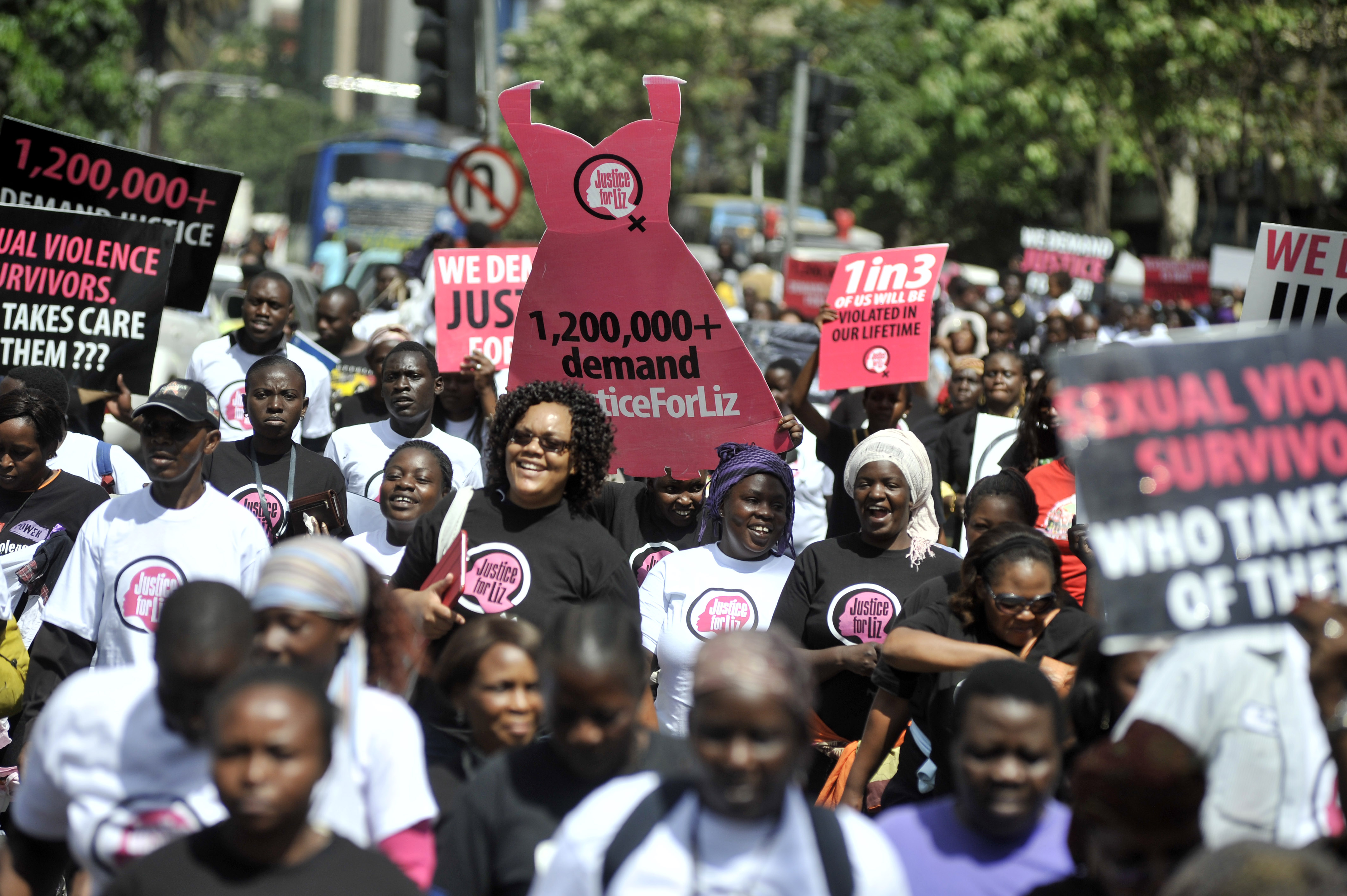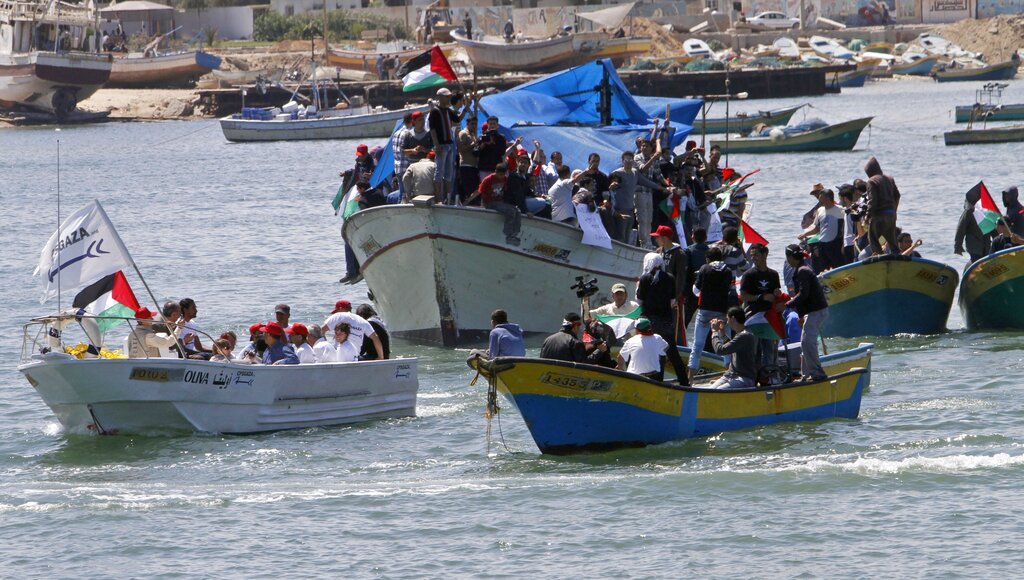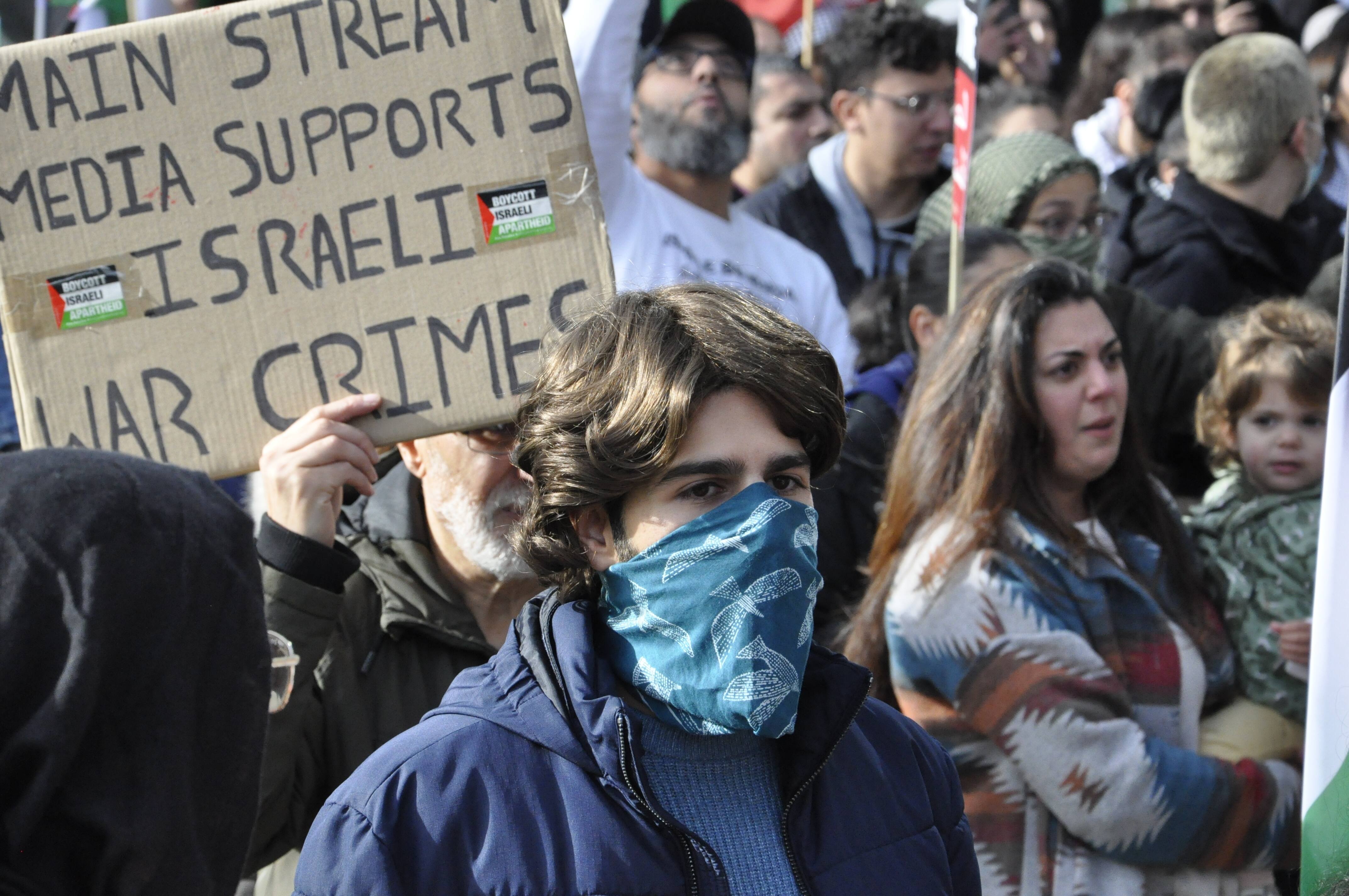تشير الإحصائيات أن 46 بالمئة من خريجي كليات الصحافة في فلسطين يعانون من البطالة. تضخم عدد الخريجين دفع الكثير منهم إلى البحث عن مهن أخرى، بينما تعجز الجامعات ونقابة الصحفيين عن حل لإيقاف النزيف. في هذه الورقة رصد لأهم الأسباب والحلول التي بإمكانها أن تعيد ترتيب حاجيات السوق بطبيعة التكوين.
في العام 2004 قُبلت و8 طلاب آخرين في قسم الإذاعة والتلفزيون في جامعة بيرزيت. لم يكن قبولنا اعتباطيا، وإنما كان خاضعا لشرطين؛ أولهما حصولنا على معدل مرتفع في الثانوية العامة؛ إذ كان معدل القبول في تخصص الصحافة آنذاك 87% فما فوق، أما الثاني فهو اجتياز امتحان الكفاءة الذي يفرضه معهد الإعلام على الراغبين في التخصص، وذلك بعد إنهاء السنة الجامعية الأولى (التحضيرية).
لذلك؛ كانت دفعتنا عند التخرج عام 2008 قليلة العدد لكن ذات كفاءة، فحظينا بالاهتمام النظري والعملي، بما يؤهلنا لدخول السوق فور تخرجنا، وهو ما تحقق فعليا على أرض الواقع: اشتغلنا جميعا في العام ذاته.
قد يكون من حسن حظنا أيضا أن القطاع الصحفي في فلسطين بدأ في تلك الفترة يشهد طفرة تمثلت في ظهور العديد من الإذاعات والقنوات التلفزيونية والشبكات المحلية، والتي فتحت أبوابها أمام الخريجين الجدد. بالموازاة مع ذلك، منحت تلك المؤسسات الناشئة أملا لدى آخرين في إمكانية استيعابهم مستقبلا، وهو ما دفع بالمئات من الطلبة في فلسطين إلى التوجه نحو كليات الصحافة والإعلام. ومع تراكم السنين، تحول الأمر إلى كارثة تستدعي دراسة مسبباتها الحقيقية، وتقديم الحلول لمعالجتها.
جيش من العاطلين
يتوجه المئات من الطلبة الفلسطينيين سنويا نحو الإعلام لأسباب عديدة، وعلى رأسها امتلاك الشغف والطموح الصحفي فعليا؛ خاصة أن فلسطين حافلة بالأحداث بسبب الاحتلال الإسرائيلي وممارساته. لذا؛ يعتقد كُثر أنهم سيجدون عملا فور تخرجهم، لحاجة المؤسسات الإعلامية المحلية والخارجية لمراسلين من الميدان.
لقد أسهمت الأحداث في فلسطين في تميز بعض النماذج الصحفية وشهرتها أكثر من غيرها، ما جعل منها مثلا يُحتذى به، وهي نماذج شجعت العديد من الطلبة على دراسة الإعلام سعيا منهم لتقليدها، ظنا منهم أن الإعلام يحقق شهرة واسعة، دون تعب وجهد أو موهبة. ويميل جزء آخر من الطلبة إلى الإعلام بحكم عامل الوراثة، كما يشير الصحفي فارس الصرفندي، عضو مجلس نقابة الصحفيين الفلسطينيين؛ فمن لديه فرد من العائلة يعمل في قطاع الإعلام، يظن أن عليه أن يكون صحفيا مثله، بصرف النظر عن طبيعة المؤهلات والإمكانيات التي يملكها.
ونتيجة للأسباب السابقة، امتلأت الجامعات الفلسطينية بأعداد هائلة من دارسي الإعلام؛ فغرق السوق بآلاف العاطلين عن العمل خلال السنوات الأخيرة. ووفق بيانات رسمية صادرة عن الجهاز المركزي للإحصاء الفلسطيني، فإن معدل بطالة خريجي الإعلام تجاوز الـ 46% في الربع الأول من العام 2021.
يمثل هذا الرقم استمرارا لحالة التضخم في أعداد خريجي الإعلام العاطلين عن العمل منذ نحو 4 سنوات. اعتزاز جبر واحدة من هؤلاء، تعلق فيما يشبه السخرية على الوضع الذي وصلت إليه بالقول: "تخليت عن تخصص الأحياء لخوفي من تشريح فأر في المختبر، وانتقلت للإعلام، ظنا مني أن موهبة الكتابة التي أمتلكها ستساعدني في العثور على عمل في إحدى الصحف المحلية بعد التخرج، والنتيجة أنني لم أعمل إطلاقا في الصحافة التي تعلمتها على مدار أربع سنوات". فشل اعتزاز في العثور على عمل في التخصص الذي أحبته، دفعها إلى العمل في رياض للأطفال؛ أي في وظيفة لا تتناسب أبدا مع للمؤهل الأكاديمي الذي تملكه.
تتشابه قصة اعتزاز مع حكاية سليمان قدح، الذي تخرج من قسم التلفزيون في جامعة القدس - أبو ديس العام 2016. طرق سليمان أبواب العديد من المؤسسات الصحفية، وتدرب في عدد منها على أمل تحقيق حلمه واللحاق بركب العمل الصحفي، لكنه لم يحصل على تلك الوظيفة قط. وللتخلص من الأزمة النفسية التي تعرض لها بعد اصطدامه بالواقع الصحفي، قرر سليمان البدء في مشروعه الخاص، وأسس فرنا في قريته ليعتاش منه. سليمان اليوم سعيد بعمله، لكنه نادم على سنوات الدراسة والمال الذي دفعه لأجل شهادة لم يستفد منها على الإطلاق.
اعتزاز وسليمان لا يمثلان إلا صورة مصغرة عن واقع الآلاف من خريجي الصحافة والإعلام الذين حلموا بمستقبل صحفي زاهر؛ فوجدوا أنفسهم في سوق البطالة.
من يتحمل المسؤولية؟
إذا ما بحثنا في أسباب أزمة خريجي الإعلام، فسنجد أن أساسها يكمن في التسهيلات التي تمنحها وزارة التعليم العالي لترخيص كليات الإعلام في الجامعات، وعدم سن قوانين حول عمل هذه الكليات؛ كاشتراط انضمام عدد معين من الطلبة سنويا، وإخضاعهم لامتحان الكفاءة؛ فالغالبية العظمى من الجامعات لا تفعل ذلك. يعلق نقيب الصحفيين الفلسطينيين في رام الله، ناصر أبو بكر، في تصريح لمجلة الصحافة، أن الوزارة لا تفرض أي اشتراطات على الكليات، مثل رفع معدلات القبول، وتقديم امتحان كفاءة للطلبة، وهو ما أسهم في إغراق الجامعات بطلبة الإعلام.
وبلغة الأرقام، يتحدث أبو بكر عن أكثر من 20 كلية إعلام في الجامعات الفلسطينية المختلفة، تخرِّج ما يزيد عن 1000 طالب سنويا، لكن 15% منهم فقط يدخل سوق العمل بعد التخرج، فيما يبقى الآخرون في تعداد العاطلين، ويضطر معظمهم للانخراط في وظائف خدماتية لا تحتاج إلى مؤهل أكاديمي.
ويقترح الصحفي أمين أبو وردة، مدير أصداء للصحافة، تجميد تخصصات الإعلام والصحافة لبضع سنوات لحل مشكلة البطالة المتفشية في المجتمع الفلسطيني. لكن أبو بكر يرفض هذا الطرح، ويطالب بتشديد القوانين المتعلقة بمنح التراخيص لكليات الإعلام، ورفع معدلات قبول الطلبة بدلا من تخفيضها؛ فعلى سبيل المثال، كانت جامعة بيرزيت، وهي من أهم الجامعات الفلسطينية، تشترط معدلا عاليا للقبول في برنامج الصحافة، وصل إلى 87% عام 2004، لكنه في عام 2021 أصبح 70%. مع العلم أن جامعة بيرزيت كانت تُعد الأكثر تميزا في تدريس الإعلام من بين الجامعات الفلسطينية، بسبب الشروط التي كانت تضعها لقبول الطلبة في هذا التخصص.
في هذا الشأن، يعلق الصحفي فارس الصرفندي: "كليات الإعلام في الجامعات الفلسطينية تحولت لمؤسسات ربحية، تنظر للطالب على أنه زبون، تأخذ منه المال مقابل منحه الشهادة دون تطوير لقدراته ومواهبه".
من جهة ثانية، تفتقد كليات الإعلام لوجود تخصصات معينة؛ مثل التخصصات الفنية، والتي يندرج تحتها التصوير والمونتاج والإخراج... إلخ، وهي تخصصات باتت مطلوبة ويمكن أن تمتص جزءا من بطالة الخريجين. الأكثر من ذلك، فإن تدريس الإعلام يكون بمعظمه تدريسا نظريا عاما، بمقررات تقليدية قديمة، فلا تراعي معظم كليات الإعلام التطور الحاصل في القطاع الإعلامي وتوظيف التكنولوجيا الحديثة مثل تخصصات الإعلام الجديد (New Media) والمنصات الرقمية.
ليس ذلك فقط، بل إن غالبية الكوادر التعليمية لا تمتلك سوى الخبرة النظرية وتفتقد الخبرات الميدانية والتطبيقية. وما يزيد من معاناة الخريجين، عدم توفر مراكز تدريب لصقل مواهبهم وتهيئتهم لسوق العمل. في المقابل، تشترط الكثير من المؤسسات الإعلامية أن يكون المتقدمون لها من ذوي الخبرة؛ فكيف يمكن لخريج حديث أن يمتلك عامين أو أكثر من الخبرة كي ينخرط في سوق العمل؟ في معرض رده على ذلك، يُؤكد أبو بكر أن الأمانة العامة لنقابة الصحفيين تخطط حاليا لإنشاء معهد تدريب خاص بالخريجين؛ لمساعدتهم على تطوير قدراتهم الإعلامية، ومن ثم توفير فرص عمل لهم.
وبرغم أن بعض الجامعات بدأت تدريس بعض المواد ذات العلاقة بالإعلام الجديد؛ مثل الجامعة الأمريكية وجامعة أبو ديس، إلا أن التركيز ينصب على الأساسيات في هذه المجالات الحديثة، دون التعمق فيها، لقلة عدد الأكاديميين الدارسين للإعلام الرقمي فعليا.
سوق ضعيف
بعيدا عن أعداد كليات الإعلام وضعف مناهجها، يعاني سوق الإعلام في فلسطين، مؤخرا، من ضعف وكساد، خاصة بعد أن قل الاهتمام العربي والدولي بالقضية الفلسطينية، وهو ما انعكس على الطلب على الصحفيين الفلسطينيين، سواء للعمل في داخل فلسطين أو خارجها. وكما شهدت بداية العقد ظهور العديد من المؤسسات الإعلامية، فإنها شهدت أيضا نهاية عدد من المؤسسات الإعلامية، سواء الحزبية منها أو التابعة للقطاع الخاص، بسبب قلة التمويل أو تراجع الإيرادات، فيما ما تزال مؤسسات أخرى مهددة بالإغلاق.
وقد أسهم ظهور الإعلام الرقمي وهجرة العديد من المؤسسات الإعلامية إلى وسائل التواصل الاجتماعي، في مضاعفة معاناة خريجي الإعلام؛ إذ لم يعد العمل الإعلامي حكرا على الصحفيين وحدهم، بل بات يكفي توفر الهاتف الذكي وحساب رقمي لممارسة الصحافة؛ فدخل المهنة أناس طارئون، استحوذوا على قطاعات واسعة من الجماهير، وتركوا حملة شهادة الإعلام بلا عمل.
بالنسبة للصحفي الصرفندي الذي يعمل في المهنة منذ عقدين، فإن ضعف سوق الإعلام يعود إلى تراجع الصحافة الكلاسيكية لصالح الإعلام الرقمي، الذي أتاح لأي مواطن فرصة أن يصح "صحفيا"، كما حمّل الصرفندي الجامعات جزءا من المسؤولية لعدم تنفيذها لأي دراسات تتعلق بحاجة السوق للإعلاميين.
يوافق أبو وردة هذا الرأي، وينبه إلى قضية أخرى غير ظاهرة، تتعلق بالمنافسة غير الشريفة بين الصحفيين القدامى والجدد؛ فهناك العشرات من الصحفيين القدامى لا سيما من العاملين في القطاع الحكومي يعملون في وظائف إعلامية أخرى في القطاع الخاص، بأسماء مستعارة وهمية.
ويطالب كل من الصرفندي وأبو وردة بقوانين رادعة تمنع من لا يملك شهادة الصحافة من الانتساب لنقابة الصحفيين والعمل في المؤسسات الإعلامية، ومنع ازدواجية العمل بين القطاعين الحكومي والخاص.
وعلى الرغم من أن وزارة التعليم العالي كانت أشارت في أكثر من مناسبة إلى نيتها مناقشة أزمة خريجي الإعلام وازدياد كليات الصحافة مع ذوي الاختصاص، بما في ذلك نقابة الصحفيين، ووضع خطط مستقبلية حول معدلات القبول أو مناهج التدريس في تلك الكليات، إلا أن النتائج معاكسة تماما؛ فمعدلات القبول في برامج الصحافة في انحدار متواصل، وأزمة البطالة مستمرة.
هذا الواقع الصعب يستدعي تدخلا فاعلا من الوزارة ونقابة الصحفيين والجهات المعنية كافة، لوقف الهدر المالي على برامج الإعلام، ووضع حد لأزمة آلاف الطلبة سنويا، والعمل على استيعاب الخريجين العاطلين عن العمل ضمن برامج محددة تؤهلهم للحصول على فرص متكافئة.


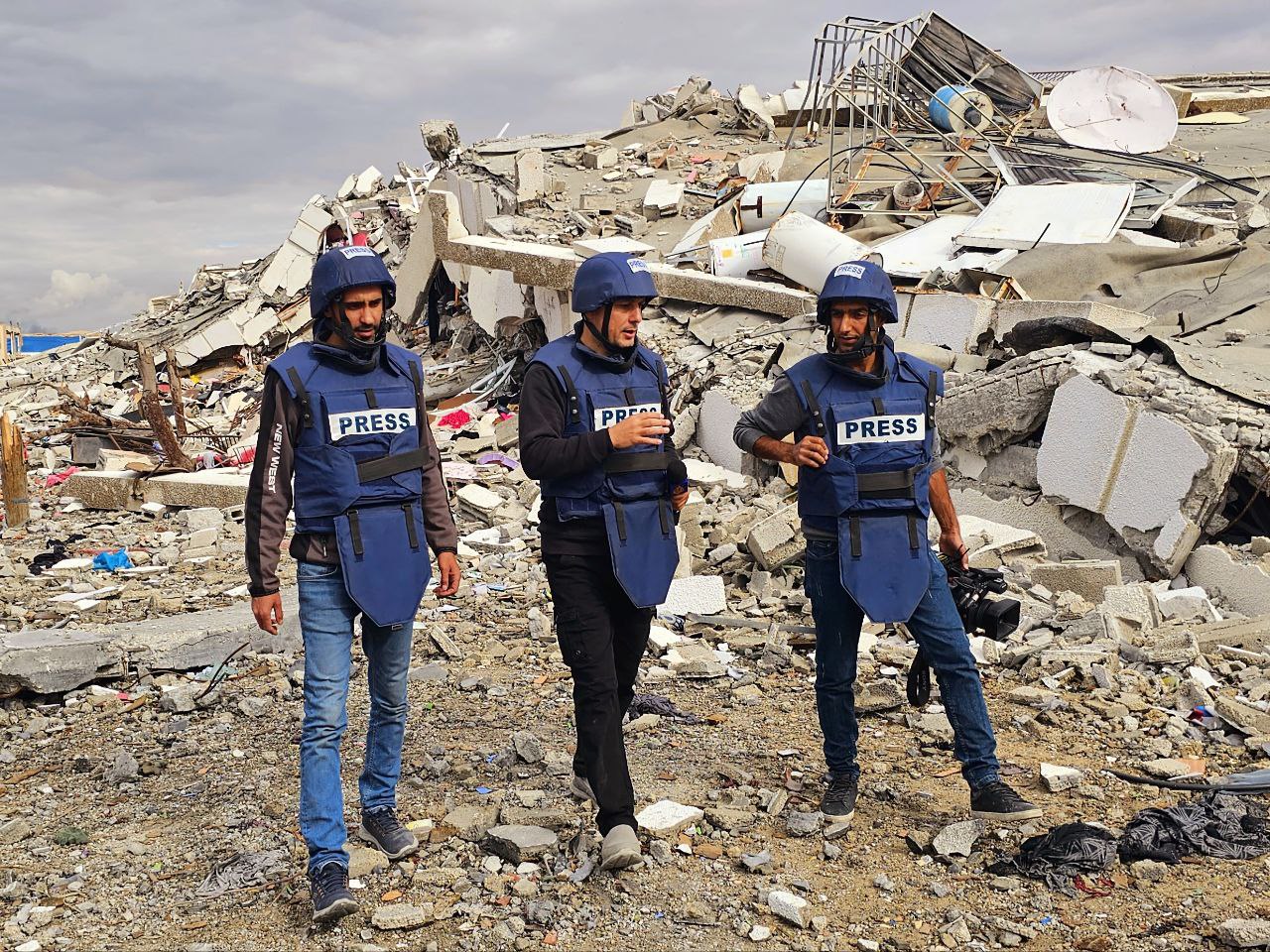

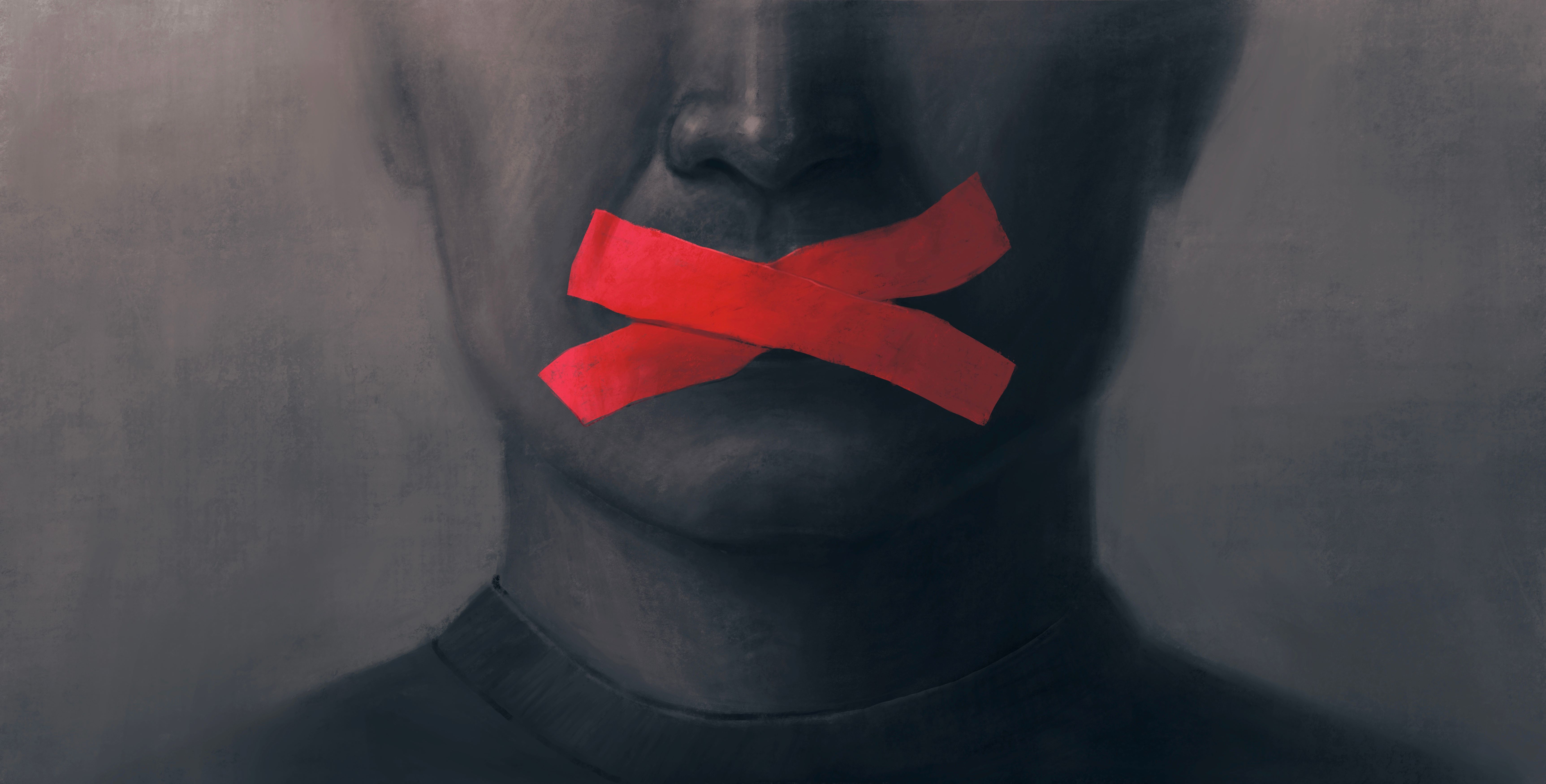



























![A demonstration against Israel's war on Gaza on Paulista Avenue in São Paulo on November 4, 2023, draws attention to the deaths of children while the media focuses on the war against terrorists. [Photo: Lina Bakr]](/sites/default/files/ajr/2024/Picture1.png)


